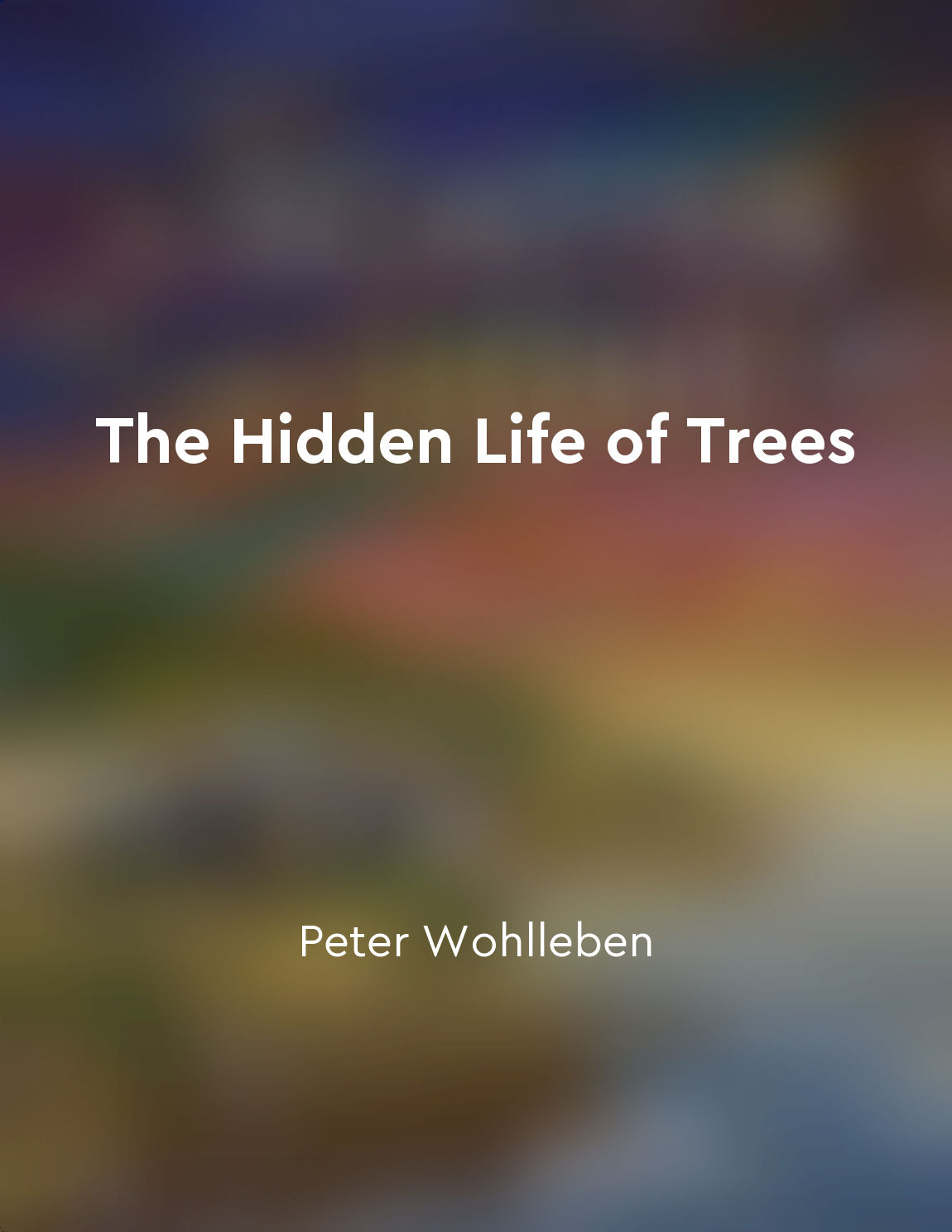Ecological services provided by plants in arid environments from "summary" of Floristic Study of Arid Ecosystem: Ecology and Phytosociology by Dr. Ekta B. Joshi,Dr. Hiren B. Soni ,Dr. Pankaj N. Joshi
Arid environments, characterized by low precipitation and high temperatures, are home to a diverse range of plant species that play a crucial role in providing ecological services. These services are essential for maintaining the balance and functioning of these fragile ecosystems. Plants in arid environments contribute significantly to the ecosystem by providing services such as soil stabilization, water retention, nutrient cycling, and habitat provision. One of the key ecological services provided by plants in arid environments is soil stabilization. The roots of plants help bind the soil particles together, reducing the chances of soil erosion caused by wind and water. This is particularly important in arid regions where the soil is vulnerable to erosion due to the lack of vegetation cover and sparse vegetation. Plants also play a vital role in water retention in arid environments. Their roots help to create channels in the soil, allowing water to penetrate deep into the ground and be stored for longer periods. This is crucial for supporting plant growth and maintaining the water balance in arid ecosystems. Furthermore, plants in arid environments are important for nutrient cycling. They absorb nutrients from the soil and, when they die, return these nutrients back to the soil through decomposition. This process enriches the soil and supports the growth of other plant species in the ecosystem. Additionally, plants in arid environments provide habitat and food for a wide range of animals, including insects, birds, and mammals. The vegetation cover created by plants offers shelter and protection for these animals, allowing them to thrive in harsh arid conditions. In turn, these animals play a crucial role in pollination, seed dispersal, and maintaining the ecological balance of the ecosystem.- Plants in arid environments provide a range of ecological services that are essential for the functioning and sustainability of these unique ecosystems. By understanding and appreciating the importance of these services, we can work towards conserving and protecting the plant species that make these services possible.
Similar Posts
Resilience and adaptability in natural systems
Resilience and adaptability in natural systems are essential qualities that enable ecosystems to respond to change and disturba...

Trees adapt to their environment over time
Trees have an incredible ability to adjust to the conditions of their environment. They are not passive entities that simply ex...
Education and awareness programs for promoting plant conservation in arid regions
Education and awareness programs play a crucial role in promoting plant conservation in arid regions. These programs aim to enh...
Pollinators are crucial for plant reproduction and food production
The relationship between plants and pollinators is essential for the survival of both species. Without pollinators, plants woul...
Case studies highlighting successful conservation efforts in arid ecosystems
The importance of successful conservation efforts in arid ecosystems cannot be overstated. These environments face unique chall...
Crop rotation improves soil structure
Crop rotation plays a crucial role in improving the structure of the soil beneath our feet. By alternating the types of crops g...
Bringing nature home is essential for a sustainable and healthy future
Our future depends on the health of the natural world around us. The plants and animals that make up our ecosystems are not jus...

Soil health affects grass growth
Soil health plays a crucial role in the growth of grass. The health of the soil directly influences the quality and quantity of...
Policy implications for sustainable utilization of plant resources in arid environments
The sustainable utilization of plant resources in arid environments is crucial for maintaining ecological balance and supportin...
Every species has a part to play in the grand scheme of things
In the vast tapestry of life on Earth, every species is like a thread, intricately woven into the fabric of the natural world. ...

